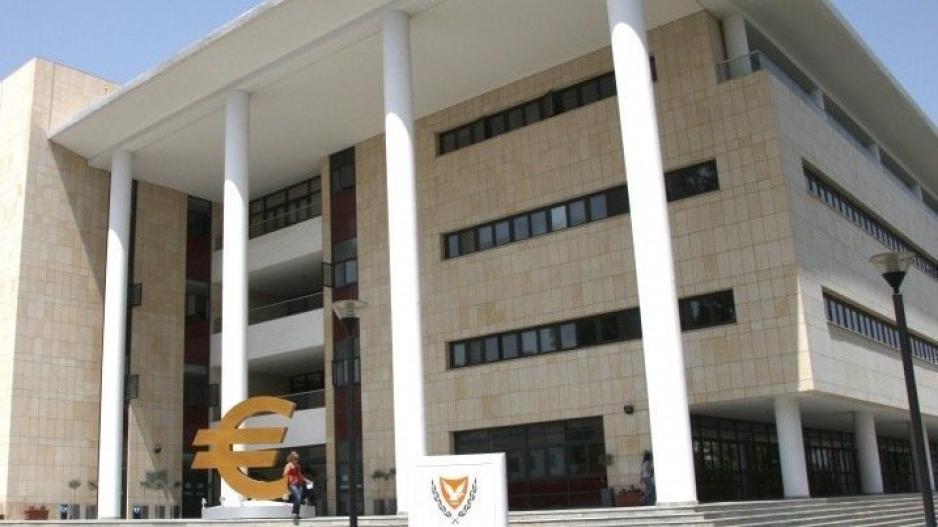Financial Risks: Key Challenges Identified by Cyprus' Finance Minister
Makis Keravnos Highlights Internal and External Threats in Budget Presentation.
Significant external and internal risks for the economy were highlighted by Finance Minister Makis Keravnos during the presentation of the state budget before the Parliamentary Finance Committee.
He also pointed out the priorities of maintaining a surplus fiscal balance, with the surplus reaching 2.7% of GDP by 2025, and reducing public debt to 60% of GDP, down from 68.9% in 2024. Other budget priorities include the green transition, digital reform, and necessary structural reforms.
The main risks mentioned by Mr. Keravnos include non-performing loans (NPLs) from previous years, which continue to burden public finances, as well as serious deficits in the pension funds of semi-governmental organizations and local government authorities.
Concerns were also raised about potential compensations amounting to tens of millions that could arise from court rulings, as well as sanctions from the EU due to non-compliance with environmental directives, such as those for urban wastewater management.
Another significant risk concerns developments at the Vasilikos terminal, with possible compensations that the Republic of Cyprus may have to pay reaching up to €529 million. However, Mr. Keravnos noted that the Republic received positive responses in discussions with the European Investment Bank and the European Bank for Reconstruction and Development, as well as from the European Commission. It was stated that if the projects at Vasiliko proceed, there will be no demand for the return of the funding amounts for the project.
Mr. Keravnos emphasized the need for continued funding of the State Health Services Organization (OKYPY), whose deficit for 2024 is projected at €95 million, while the total annual salary burden amounts to €300 million, and said the issue is being closely monitored.
Geopolitical risks from regional crises, increased freight rates, and the burdens from the increased flow of migrants, with expenses estimated at €204.5 million for 2024, were also mentioned. External risks, such as climate change, natural disasters, compensations to farmers, and the need to purchase water due to drought, complete the framework of challenges.






